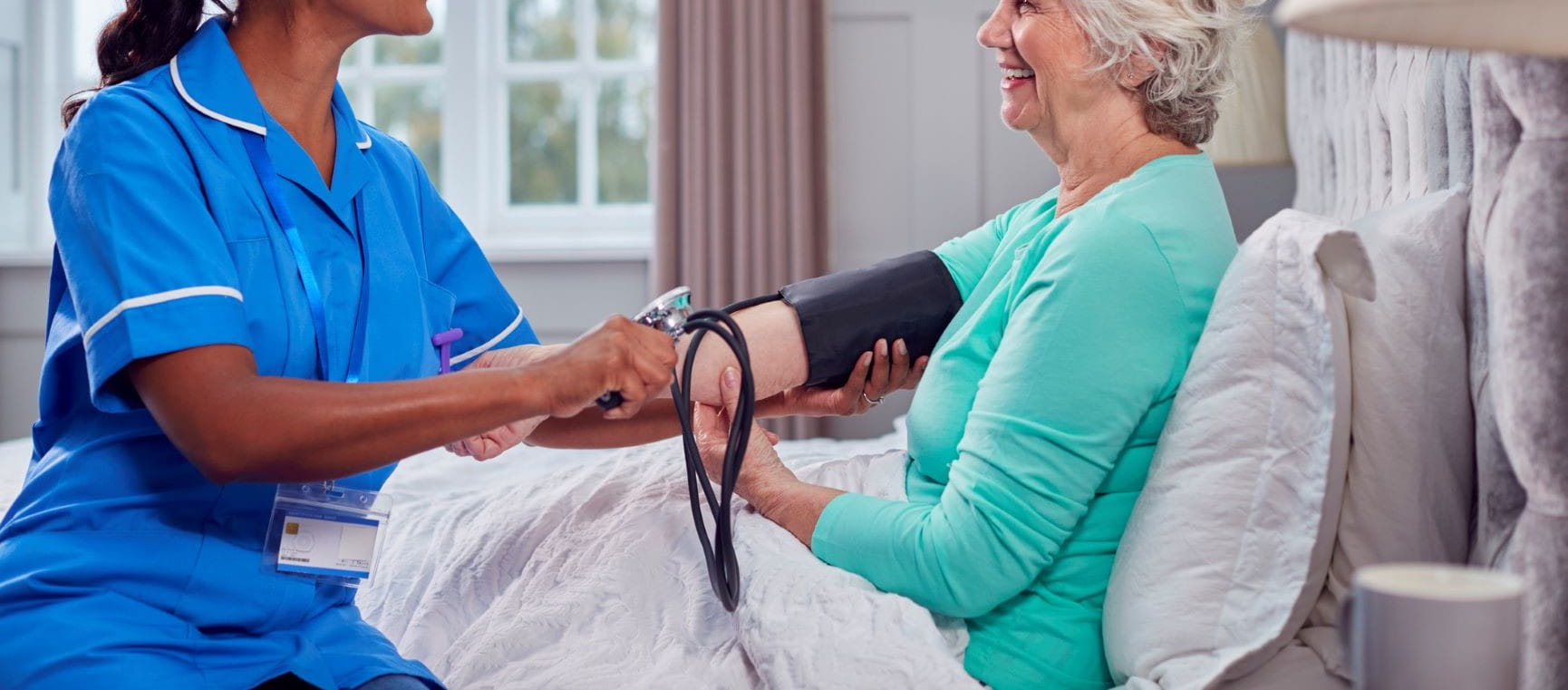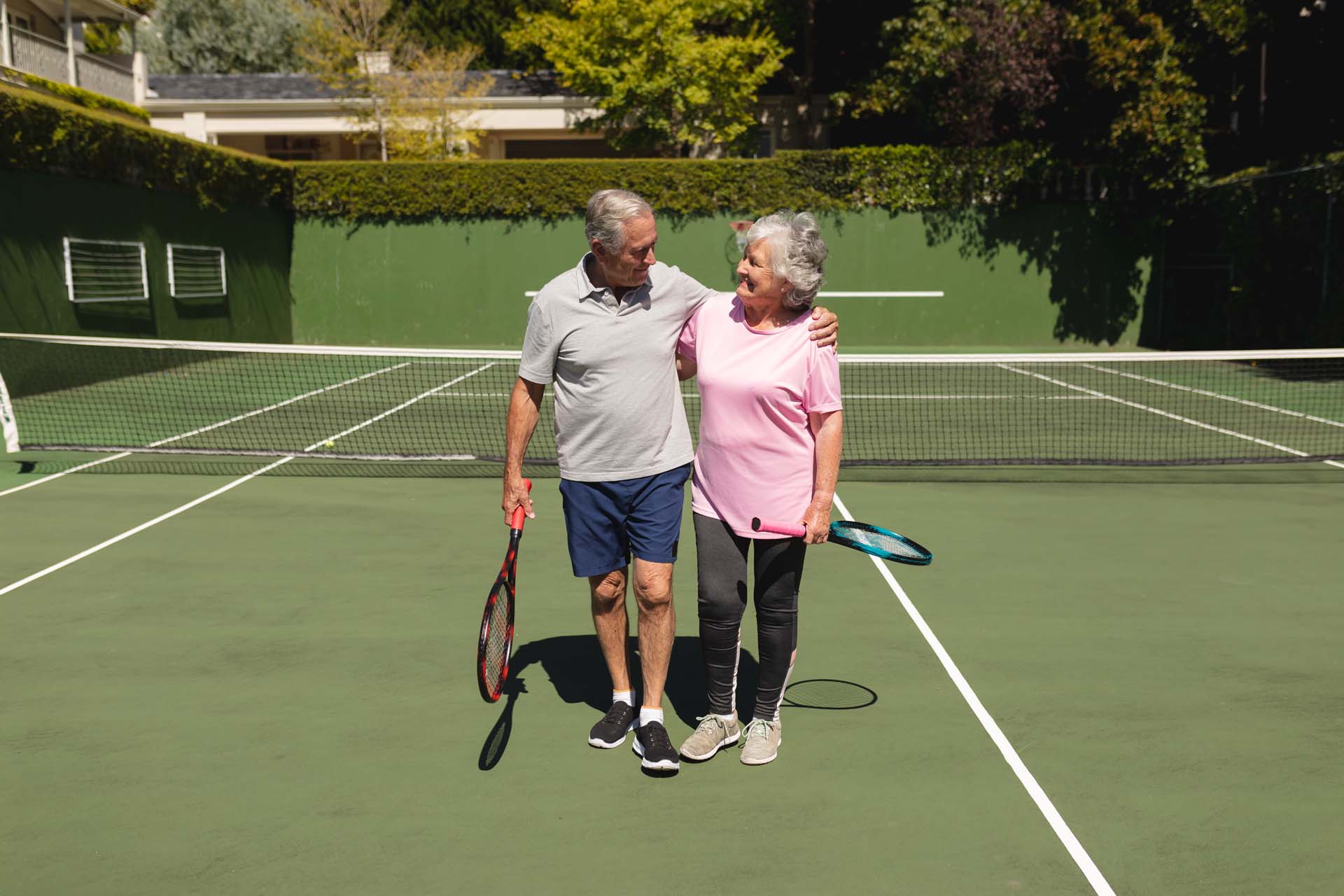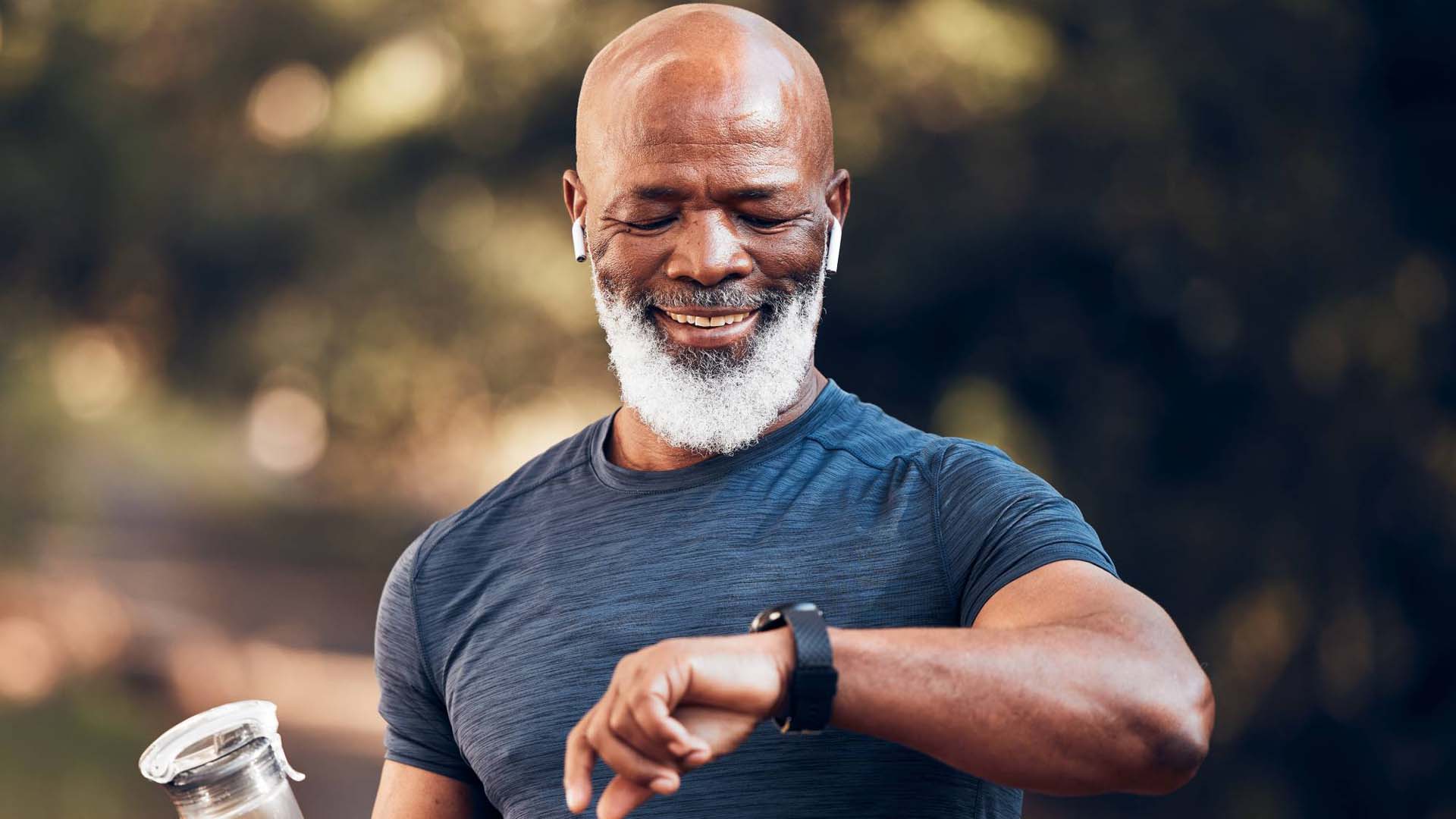
The stress of shopping and family get-togethers, plus the surfeit of rich, salty meals and alcohol are enough to send anyone’s blood pressure upwards at this time of year. But how high is too high?
In the UK, normal blood pressure is 120/80 or less, and high blood pressure (hypertension) is set at 140/90. But recent guidelines from the European Society of Cardiology propose a new in-between category called "elevated blood pressure" of 120/70 to 139/89, at which treatment should be considered.
The guidelines bring Europe into line with the US, where there is already an elevated category of 120-129/80. It reflects the fact that high BP doesn’t happen overnight, and that some people – for example those with diabetes – could benefit from more intensive treatment at levels lower than the traditional cut-off point.
"We often talk about thresholds, but blood pressure actually increases gradually over the years," says Dr Pauline Swift, chair of Blood Pressure UK.
"This is an opportunity to act sooner rather than later."
.jpg?sc=max&mw=800&h=450&la=en&h=576&w=823&hash=7C2FF9826F326DAB985898BBD1D2CF3B)
But won’t this new category pick up virtually everyone over 60?
In Western countries the all-important systolic BP (the upper figure that measures the maximum pressure in the arteries when the heart beats) increases by about seven points per decade from age 40. And by aged 65+ three in five people in England have high BP. However, that rise is not inevitable.
"Some people have normal BP throughout life," points out Professor Isla Mackenzie, at the University of Dundee and Ninewells Hospital.
So, should we be treating those with raised, but not yet high, blood pressure?
Many people just need to take some lifestyle measures and keep a watchful eye on it, says Dr Swift.
"But we would want to treat [it] if someone had existing cardiovascular disease or a high risk of it, according to a scoring system such as Q-risk that doctors use to calculate the risk of heart attack or stroke in the next ten years."
She points out that the benefits of treatment overwhelmingly outweigh the burden of side effects, as BP medications can be swapped and changed: "There are many different options."
But there may come a point when risks and benefits are more finely balanced, according to an analysis in the journal PLOS Medicine last autumn. This found that among people aged 80+ with frailty, one serious fall would occur each year in every 33 people treated, a figure pretty much matched by the likely benefit.
.jpg?sc=max&mw=800&h=450&la=en&h=576&w=822&hash=8440F356457FF3F7C70639E23179A28A)
"We are out of step with the rest of the world when it comes to thresholds and targets for treatment," says Dr Swift. She notes that GPs in the UK tend to be slow to treat and get BP down to a desirable level fast enough and acknowledges that it could be hard to get treatment for anything less than 135/85.
The good news is there are new ways to help yourself lower blood pressure, as well as promising emerging treatments. For example, a study starting at the University of Kent in early 2025 will examine whether a simple isometric exercise, such as holding a squat with your back against a wall for two minutes, can lower resting BP.
A recent study funded by the British Heart Foundation, meanwhile, found that a diuretic, torasemide, used to treat heart failure, kidney, and liver disease, brought BP down in people with two copies of a common mutated gene linked with BP found in two-thirds of people.
For now, it’s worth trying to keep the numbers down – not just at Christmas, but all year round.
.jpg?sc=max&mw=800&h=450&la=en&h=576&w=822&hash=5FA8AB4A4FCAC710EE8E9309CC24E145)
Invest in a BP monitor and do two readings one to two minutes apart at the same time morning and evening.
If your BP averages 135/85 (considered high blood pressure when measured at home) or more for three to seven days, seek medical advice.
You can buy a BP monitor from the British Heart Foundation, and we've researched the top blood pressure monitors to buy here.
Existing heart and circulatory disease, Type 2 diabetes, kidney problems, family history of heart problems or (women) previous pre-eclampsia in pregnancy may necessitate treatment at a lower threshold.
Salt is the number one baddie, but you should also cut sugar and alcohol, according to the new ESC guidelines. We've got the signs you are eating too much salt with easy ways to cut down.
They are rich in potassium, which helps counteract sodium in salt.
If side effects of anti-hypertensive meds are a problem, work with your doctor to find another.
The ESC guidelines recommend at least 150 minutes of moderate-intensity aerobic exercise – eg brisk walking, cycling and gardening – a week.
A 2021 study found that stress had a bigger impact on BP with age as our bodies respond more strongly to stress as we get older.
More information is available at Blood Pressure UK.

Every issue of Saga Magazine is packed with inspirational real-life stories, exclusive celebrity interviews, brain-teasing puzzles and travel inspiration. Plus, expert advice on everything from health and finance to home improvements, to help you enjoy life to the full.









Your questions answered about what really is a good 5k time.